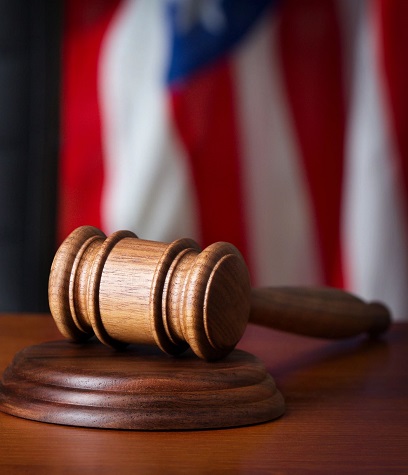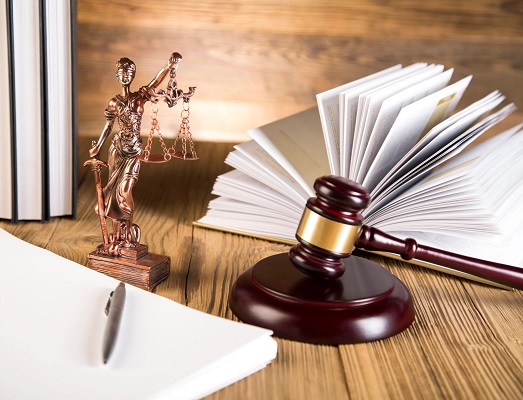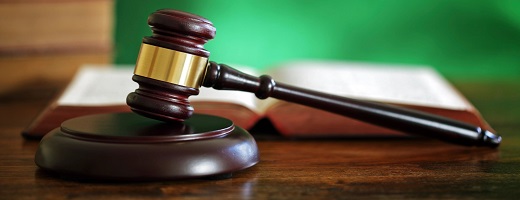The Bankruptcy Process:
1. What is it-And How Does It Work?
Bankruptcy is a legal process that gives you a “Fresh Start” in your finances. The U.S. Bankruptcy Code, Bankruptcy Rules of Bankruptcy, and the Federal Bankruptcy Court protect you from your creditors when you file a Bankruptcy. This is done as soon as your case is filed through the “Automatic Stay” provision of the Bankruptcy Code. This “Automatic Stay” stops most debt collection efforts against you with very few exceptions.
The “Fresh Start” allows you to take control of your debts by allowing you to repay your debts, restructure your debts, or in many cases, have your debts discharged. This discharge of debts prohibits your creditors from collecting any debts that have been discharged.
2. What are the Different Kinds of Bankruptcy Cases?
There are several different types of Bankruptcy cases: The most popular for consumers are:
- A process that usually takes less than four months in which most of your debts are discharged, and in which you may be able to keep all your personal assets—including homes, vehicles, furnishings, retirement accounts, and other personal property.
- Mr. Hurwitz will use the laws of the Commonwealth of Virginia (known as the Code of Virginia) and in some cases, the federal laws to exempt your property from your Chapter7 Bankruptcy, allowing you to keep your exempted personal assets.

- In a Chapter13 Bankruptcy, you can pay some or all of your debts from your regular earnings or income. This income can be your employment, retirement, social security, or business income. You are also able to keep your personal assets in a Chapter13 Bankruptcy.
- A Chapter13 Bankruptcy allows you to bring your mortgage current, keep cars even though you may be behind on car loan payments, catch up on required payments such as child or spousal support, taxes, and even rent.
- In a Chapter13 Bankruptcy, you will make monthly payments to a Chapter13 Bankruptcy Trustee who will then distribute these payments to your creditors as outlined the Chapter13 Plan that you and Mr. Hurwitz
- A Chapter13 Bankruptcy can run from 36 to 60 months, after which if you are entitled, you will receive a discharge of your debts. Certain debts such as mortgages, will of course continue after the Chapter13 discharge (especially if you are hoping to keep your home).
- A Chapter13 Bankruptcy is dynamic as is your life and family. Changes occur all the time and the Chapter13 plan is designed to account for those changes.
will design according to your income, your personal assets, and your debts.
- If you are a family farmer or fisherman, you can file a Chapter12 Bankruptcy to reorganize your debts.
- A Chapter11 Bankruptcy allows businesses and, in some cases, individuals, to reorganize their debts. A Chapter11 Bankruptcy is rarely filed by individuals as most of their debts can be reorganized in a Chapter13 Bankruptcy.
3. Who May File for Bankruptcy?
Almost any person who has a residence, business, or property in the United States can file Bankruptcy. Individuals, sole proprietorships, partnerships, corporations, and family farmers or fisherman are eligible for Bankruptcy relief.
4. How Long Will It Take?
In a Chapter7 case, you will typically receive an order discharging most of your debts within four months. Chapter13 usually requires you to make monthly payments over a three-year to five-year period before you will receive a discharge.

5. How Does Bankruptcy Help?
Bankruptcy can help a debtor in a number of ways. The filing of a Bankruptcy case automatically stops most collection action against you, such as garnishments, foreclosures, lawsuits, at least temporarily. This allows you to have a “breathing spell” during which you have the opportunity to put your finances in order and chart your financial future. While the Bankruptcy case is pending creditors cannot pursue most actions against debtors without Bankruptcy court approval.

The Ultimate goal of a Bankruptcy filing is to obtain a discharge from certain debts that arose prior to the Bankruptcy filing. Once the discharge is obtained, creditors cannot pursue collection.
efforts against the debtor, and those calms are permanently forgiven, unless a lien remains in place or you “reaffirm” your obligation to the creditor.
